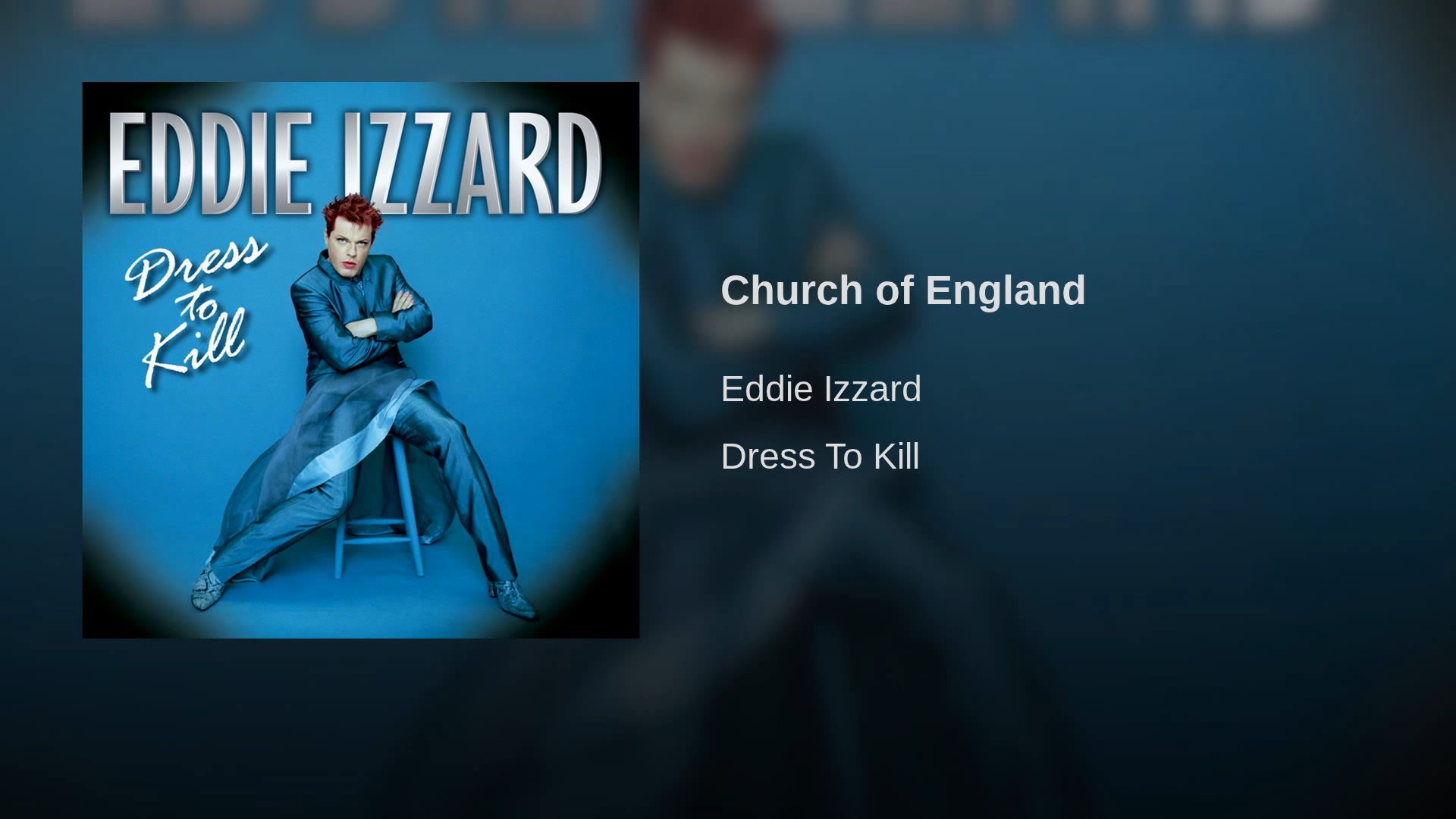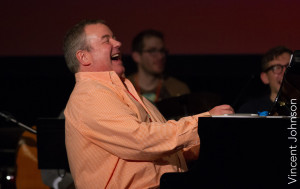We just launched Bringing Worship to Life with Dent Davidson For Individuals and For Groups.
Anglican and Episcopal liturgy can be a very hit-or-miss . Done well, the beauty of a worship service done in this style can bring people great spiritual joy and fulfillment. Done in a rote or lackluster way…well, listen to comedian Eddie Izzard’s take on Anglican church worship:

It seems strange that the same liturgies and even the same music and prayers can bring such spiritual joy to people sometimes and leave them so flat at others. Take the Easter Vigil service. It can be done with poetry, passion, music, and spiritual (as well literal) fire. Some churches bring congregations outside to see the flames leap into the heavens against the dark sky and the stars. Many have parishioners bring bells and other instruments — even just their keys — to ring in celebration of the risen Christ. The Easter Vigil at these churches can fuel spiritual fire for many weeks, just as the Paschal candle burns for months after being lit at that service. But without that creativity and energy, the same service can also be dry, long, overly formal, and exhausting — lots of Latin and symbolism, and no real passion.
Eddie Izzard’s sketch indicates that many people see Anglican services in the latter light — after all, that sketch was part of an international tour that became an album and a book. People across several continents related to his portrayal of a lackluster Anglican church service enough to find it funny.

In this course, Dent Davidson, Missioner for Music and Liturgy at St. James Episcopal Cathedral in Chicago, IL and chaplain to the House of Bishops, brings his expertise on energizing worship to a church that sometimes needs it. In his first lesson, he discusses ways to make worship accessible to newcomers and visitors even before the liturgy starts. In his second lesson, he discusses the two biggest challenges that Episcopal churches face in relation to engaging people in worship. In the third lesson, he discusses ways to bring renewed energy to the prayers during the liturgy. In the fourth lesson, he examines music in worship: ways to energize it and use it to reach out to into the community.
We hope that churches will use this course to bring revived passion and energy to their worship. For a preview of the course, please click here.


